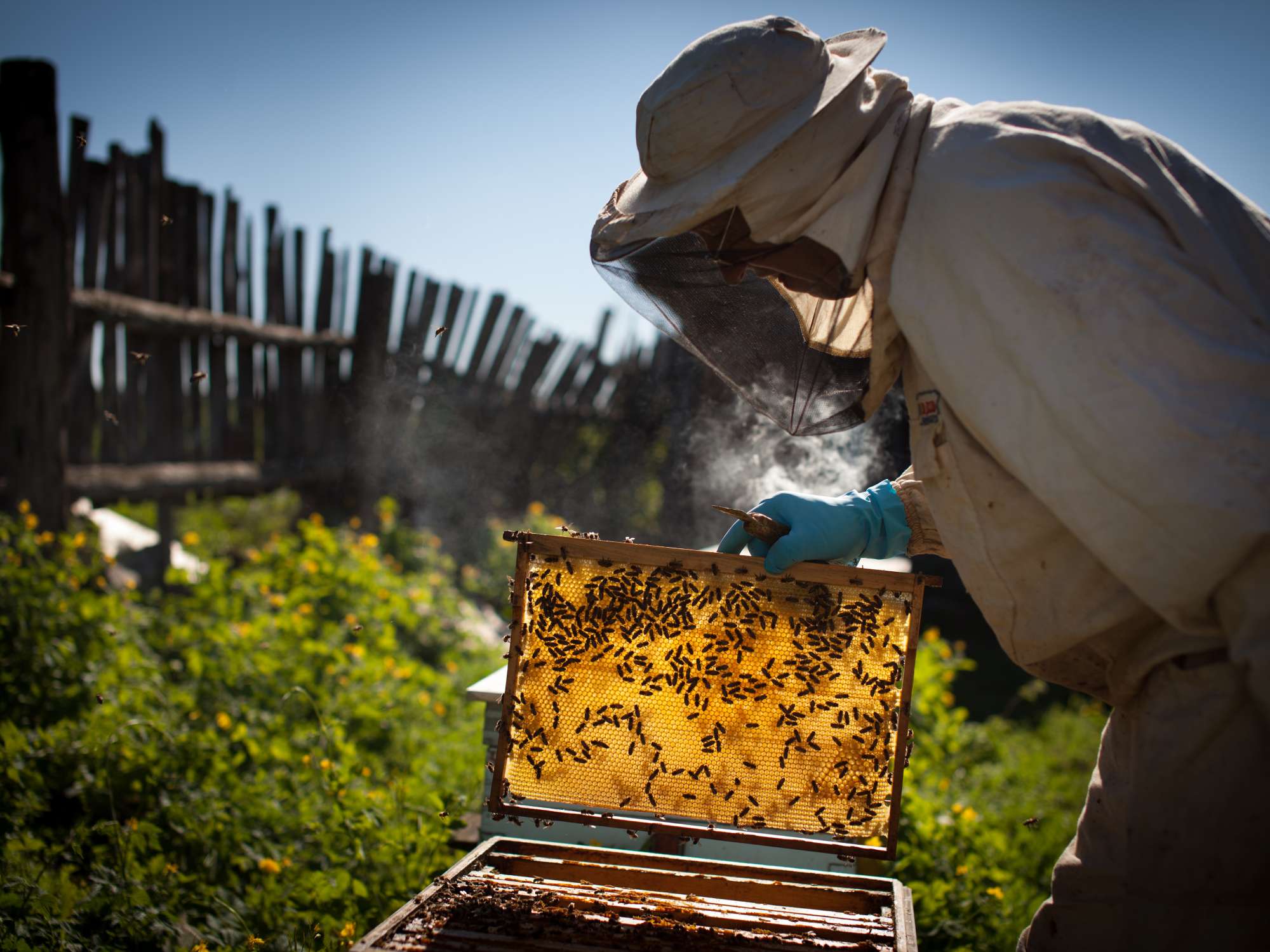Beekeeping involves more than just harvesting honey; it’s a commitment to nurturing bee colonies throughout the year. This ongoing care ensures the health of these vital pollinators and aligns with the principles of sustainable living.
For people passionate about green practices, understanding the cycles of beekeeping can deepen your appreciation of the critical role bees play in our ecosystems. We’re buzzing about the importance of year-round beekeeping practices in this brief guide.
The Vital Role of Regular Hive Care
Consistent hive maintenance is key to a thriving bee colony. Regular inspections will identify issues early, preventing small problems from becoming major threats. Beekeepers must adapt their strategies as seasons change, ensuring that each hive receives the attention it needs to remain productive.
Spring and Summer’s Impact on Colony Growth
These warmer months are crucial for building strong colonies and maximizing honey production. During this time, bees work tirelessly as they pollinate plants and gather nectar. Providing an ideal environment during spring and summer supports hive growth and boosts honey reserves for colder seasons.
Fall Preparations and Their Importance
As fall approaches, beekeepers must prepare for winter by managing food stores and controlling pests. Proper fall management directly influences bee survival rates during harsh weather. Implementing these practices can mean the difference between a thriving colony and one that struggles.
Winter Challenges and Sustainable Solutions
Winter poses unique challenges, making it essential to adopt sustainable practices to promote hive survival. Insulating hives, maintaining proper ventilation, and frequent monitoring are all crucial during these months. Understanding how to care for your beehive in the winter can safeguard the colony against severe conditions, further supporting your year-round care efforts.
Year-Round Care for Resilient Colonies
Consistent, year-round care strengthens bee colonies, making them more resilient to environmental stressors. This ongoing attention ties directly to sustainable living goals and promotes environmental conservation. By integrating beekeeping into sustainable practices, bees and ecosystems can thrive.
Year-round beekeeping practices serve as a reminder of our responsibility to the environment. By supporting or engaging in sustainable beekeeping, we contribute to healthier ecosystems. Your experiences and insights are invaluable, so consider sharing your thoughts on this rewarding endeavor.
Texas Outdoors
Latest posts by Texas Outdoors (see all)
- The Most Common Crop Diseases Found on Farms – June 3, 2025
- How AI and Drones Are Changing Soil Sampling – June 3, 2025
- Important Areas To Inspect on Your RV Before a Trip – June 2, 2025

Leave a Reply